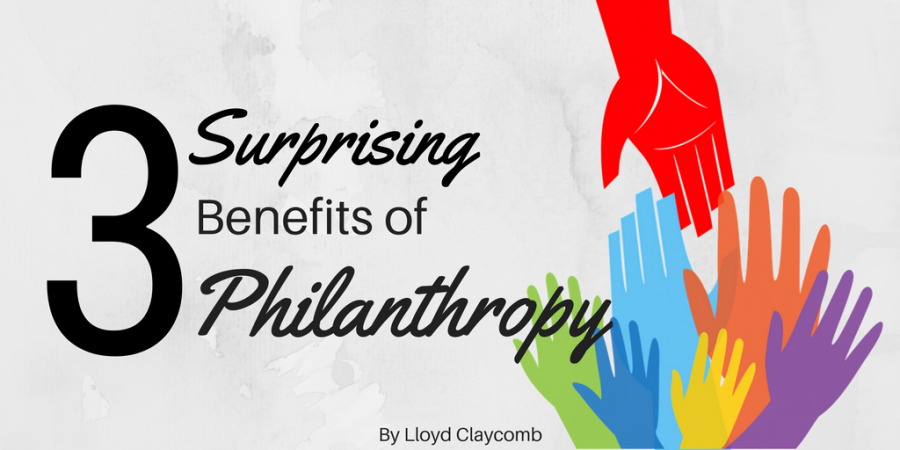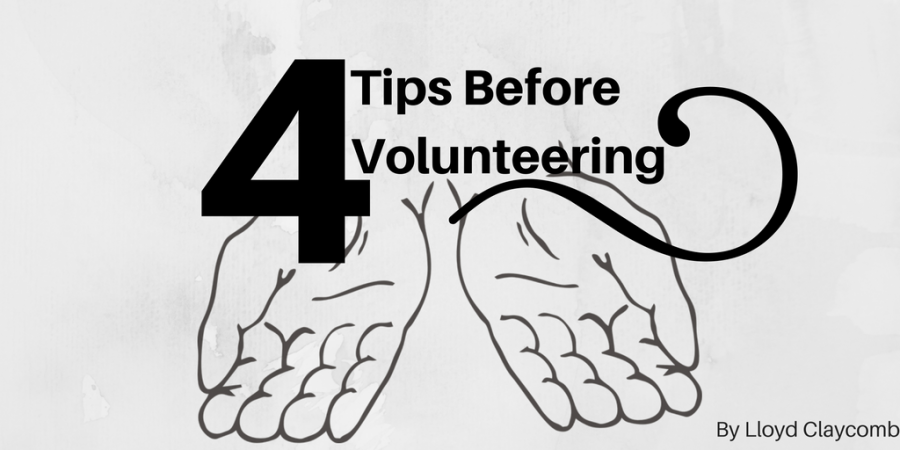Philanthropy is an age old ideal and belief system that deals with the desire to help those less fortunate than you take care of themselves. While the primary focus of charity is to help reduce the suffering and pain caused by social problems and injustices, philanthropy differs by actively seeking solutions for the various social problems themselves. In essence, charity and philanthropy demonstrate the two halves of “give a man a fish, feed him for the day; teach a man to fish, feed him for life” philosophy, respectively. Philanthropy seeks to empower the individuals in need by helping them actualize their own potential and learn valuable skills that can help them get their lives back in order.
Etymologically speaking, philanthropy literally means “the love of humanity.” The word itself comes from the Greek word philanthropia — meaning kindness/humanity/love/benevolence to mankind — with philo meaning ‘loving’, and anthropos meaning ‘mankind.’
Modern philanthropy — or what we think of as philanthropy today — has its roots in ancient cultures. Many old-world cultures have placed great importance on the act of benevolence; Chinese classical thought, Hindu scriptures, and the ancient Greeks all considered philanthropy and acts of giving to be an essential part of our existence as human beings and even as “fundamental to democracy.” Similar ideals on giving can be seen across many cultures all throughout history; ancient sub-Saharan civilizations held kindness and the act of reciprocity in high esteem, Native American cultures believed in the practice of giving as a way to promote balance and harmony in their lives, and classic, widespread Judeo-Christian religions all preach “doing onto others as you would have done to you” as a means of helping others.
In the 1100s, Moses Maimonides — a philosopher and rabbi — first put all of these similar ideals together in the same words under his “Golden Ladder of Charity” found in the Mishneh Torah where he details the different levels of giving, from being forced to give to willingly donating to people unknown. His hierarchy for philanthropy and giving has helped to shape our notions of giving all the way up through present times.
Sources often cite 1914 as the date when modern philanthropy began in the United States. Ohio banker Frederick Goff developed the idea for ‘community foundations,’ a new type of philanthropy that focused its attention on the problems found in the individual philanthropist’s home area, be it a town, city, or small neighborhood.
When it comes to philanthropy, it doesn’t matter how much you give, the important thing is that you are doing something to help make better the lives of those less fortunate than yourself. As Saint Mother Teresa once said, “It is not how much you do, but how much love you put into the doing that matters.”




